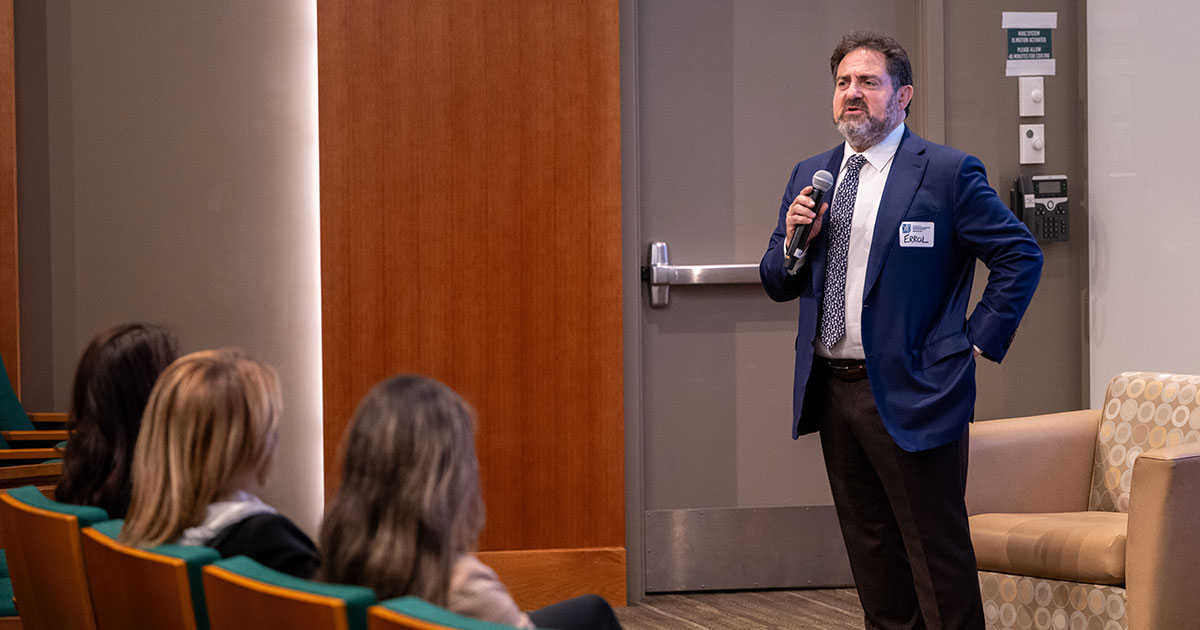From Battlefield to Boss

After more than 10 years of war in Iraq and Afghanistan, the statistics and figures are staggering. Taxpayers have spent trillions. One million U.S. veterans have been injured, and 2.5 million Afghans are refugees. But not all of these statistics are sobering: in cities and towns across the country, today more than 2.4 million small businesses are veteran-owned.
Tim McHugh is one of these veterans. Together with his wife, the former Army Officer co-owns Saddleback Educational Publishing, a company that publishes age-appropriate books for struggling readers of all ages. “With the military drawdown, the economy, and the sheer length of these wars, there’s never been another time in history with so many veterans,” he says.
Veterans jump into entrepreneurship much more readily than civilians: those with active-duty experience are 45% more likely than those without to be self-employed. Dano Qualls, an Air Force intelligence officer and the co-founder of startups WineKick and Drink Crate, is a prime example. “If you’ve been in the military, you’ve seen the world and witnessed people living with nothing,” he says. “Maybe you’ve been in life-and-death situations. Military experience helps put business failure in perspective, and makes vets more risk tolerant.”
Then there is the challenge of assimilating back into civilian life. At age 21, former drill sergeant Jason Levesque was leading a squad of nine troops, and organizing training. “It was like being the boss of a small business unit, with a great deal of autonomy,” he says. Levesque served three years of active duty and five years in the Army Reserves before leaving the military. “It was hard to go from that leadership responsibility to working for someone else. I disdained the civilian mentality, and doubted my boss’ work ethic. I knew from being a drill sergeant that I could accomplish goals, but the only way I could thrive was to break free of working for others.”
Everything from vocabulary to leadership style is different in the military. McHugh says that even now that he has left active duty, “Let’s pop smoke” is the go-to phrase among his military buddies when it’s time to leave a bar or move from one spot to another. The term, a reference to throwing a smoke grenade to cover your movement, falls flat when you’re leaving a business meeting. “You essentially have to relearn how to talk,” he says.
Levesque, the CEO and founder of Argo Marketing Group, learned how to adjust his leadership style. “In the military, infantrymen don’t have a choice about going on missions or running drills. In the civilian world, you can leave if you want. Consequently, leadership through intimidation and fear doesn’t work well—I know, because I tried it.” Instead, Levesque works to instill seven core values in his employees, taken from the Army’s leadership acronym: Loyalty, Duty, Responsibility, Selfless Service, Honor, Integrity, and Personal Courage.
Up until now, Qualls has divided his time between his full-time job with the Air Force, a part-time MBA program at Babson College, and getting his startups off the ground. Balancing everything has required hustle and delegation, two skills he honed in the military. “It doesn’t matter how long a military mission takes, it has to be finished,” he says. “I feel the same way with a full-time job, grad school, and my startups on the side: I just have to push through and get it done.” The military taught Qualls to trust the people around him to do their jobs, and that ability to delegate responsibility is key in his startup. “My co-founders do their job, I do mine, we work together, and I don’t check up on every detail because I trust them to have it under control.”
The jump from soldier to entrepreneur is clearly one that’s working well for many veterans, but what about the reverse? Is there room for entrepreneurship in the well-oiled U.S. military? “Corporate America has figured out intrapreneurs but the Army hasn’t—and I’m not sure it can,” says McHugh. He thinks a more likely scenario is that people might come up with better ways of doing things, and move to the reserves so they can develop these solutions outside the formal structure of the active duty military.
Levesque sees things differently. “Conventional wisdom is that the military is bureaucratic. Everyone sees regiments of troops that have the same haircut and mannerisms,” he says. “You might get a command to go 5 miles down the road and take a hill, and it’s up to you and your team to be creative and strategic about how to execute that mission. The military is filled with entrepreneurs.”



